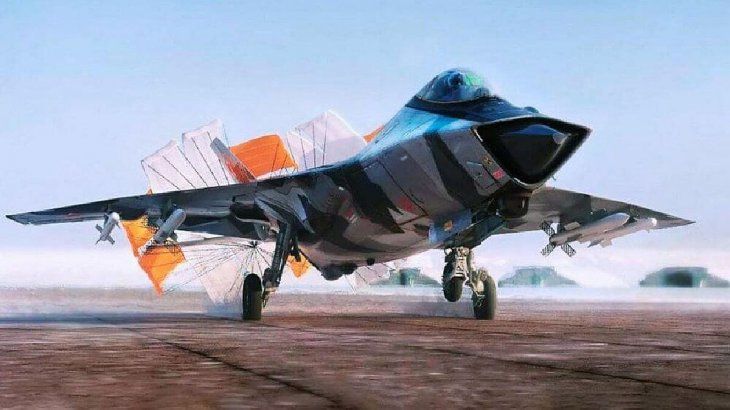But quick reflexes, The president Joe Biden promptly announced a package of sanctions and export controls coordinated with European and Asian allies to punish Russia for its invasion of Ukraine. Thus, it promoted the cut off of supplies of high-tech semiconductors to certain sectors of the Russian economy, such as the military, aerospace and maritime technology industries, a measure similar to the one that in the past generated the blockade of shipments of semiconductors to Chinese telecommunications giant Huawei.
How Does this affect the Russians? Is the impact so strong that we point it out as something so important, at a time when there is talk of geopolitical rearrangements, gas pipelines, borders, banks, Swift, etc?
Let’s look at the background of the matter. Semiconductors are currently as relevant in the industry as oil was in the early years of the 20th century. Thus, any electronic device (those that accompany us on a daily basis) is made up of microchips – Are we aware that LED lamps contain chips called diodes that emit light, or that when we start a moderately modern car we have chips in almost all its movements: starting, transmission, braking, etc? -. Well, just as with oil, one has different qualities of final product and applications (asphalt, gas oil, gasoline), there are also different types (and complexities) in the design and production of semiconductors. The complexity of a semiconductor can be distinguished in its miniaturization: as they get smaller, they can accommodate a greater number of components in the same space and, therefore, increase their performance.
Semiconductor microchips USA China.jpg
At present, state-of-the-art semiconductor technology reaches 3 nanometers (three billionths of a meter) and only two companies in the world dominate it: the Taiwanese TSMC -which by the way concentrates 56% of the world market for semiconductor production- and the South Korean Samsung. Both Taiwan and South Korea are under the influence of the United States and, particularly, to produce microchips, they use machines that are directly or indirectly manufactured by the Americans. Easy: The United States has blocked the shipment of any product that uses North American technology for its manufacture, and therefore neither TSMC nor Samsung can sell to Russia without being sanctioned from Washington. As Huawei has suffered, now the Russian high-tech industry will feel it. And the Russians have no significant production of semiconductors.
Possibly in the day to day of the Russian economy, which has already begun to show problems of various kinds, this event is not made explicit. The reality is that to obtain less complex semiconductors, Russia will be able to go to the Chinese at SMIC, who will provide all kinds of microchips to the most advanced technology they handle, that of 14 nanometers. (see graph), so they will not have major problems in the medium technology industry.
Technology Graphic Column Balbo.jpg

The biggest problem is going to be presented to the military industrial complex, which is highly dependent on a chip called Elbrus, which is designed in Russia but produced in Taiwan, by TSMC. It is therefore highly probable that in the future the design and manufacturing bureaus of the Russian military industrial complex will have to content themselves with a technology that is at least five years behind the latest on the market. This will undoubtedly impact the development programs and/or the performance of the weapons systems developed by the Russians, giving a significant advantage to Western and Chinese production.
An example could be the sixth generation aircraft development programs, the latter characterized by operating in an immersive environment for the pilot, artificial intelligence, much smaller radar footprint, etc: it can be expected that the Russian model the Mikoyan MIG-41 , have severe problems getting out into the open and/or do not have the features of their projected North American (NGAD), English-Swedish-Italian (Tempest), Chinese (J-28) or German-Spanish-French (FCAS) rivals, etc. The blockade on the delivery of semiconductors will also affect Russian Artificial Intelligence and quantum computing products.
Mikoyan MIG-41 Russian military aircraft.jpg

Courtesy: Military Zone
The great concern that arises from this scenario, which presents very high probabilities of occurrence, it is to know if Russia has done the calculations correctly about the problems that these restrictions will bring. If he made them, it is expected that he will surprise the world in a few years with high-tech products that use semiconductors made in China, a country that will continue to supply him.
Now, the Kremlin will also have had to calculate how dependent its high-tech economy will be on the Chinese. And the Russians are not fond of depending on anyone and they know that Beijing is also an adversary and competitor in different arenas. If these factors have been minimized or overlooked, Russia in the medium term will have already lost the war.
Source: Ambito



